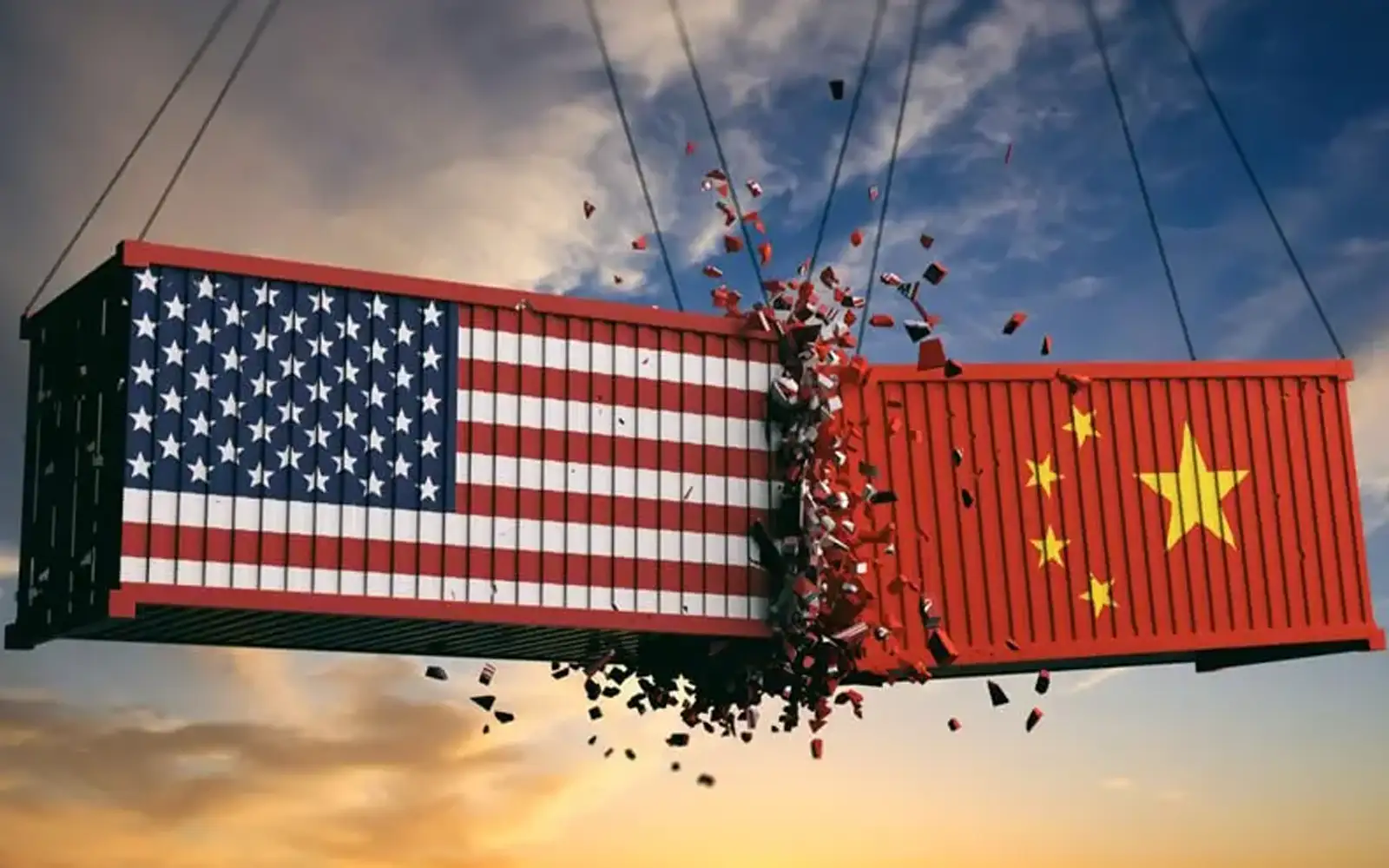In today’s interconnected world, global trade policies significantly influence businesses, from small enterprises to multinational corporations. Understanding these policies is essential for navigating international markets, optimizing supply chains, and remaining competitive. This article delves into how global trade policies impact businesses and provides insights on adapting to changes in the trade landscape.
1. Understanding Global Trade Policies
Global trade policies encompass a range of regulations, agreements, and practices that govern international trade. These policies can be established at the national, regional, or global levels and impact how goods and services are exchanged across borders.
Key Components of Trade Policies
- Tariffs: Taxes imposed on imported goods, affecting pricing and competitiveness.
- Trade Agreements: Treaties between countries that facilitate trade by reducing tariffs and establishing rules.
- Import Quotas: Limits on the quantity of specific goods that can be imported, influencing market supply.

2. The Role of Tariffs
Tariffs are one of the most direct ways global trade policies affect businesses. When tariffs are imposed, the cost of importing goods rises, which can lead to increased prices for consumers and reduced demand.
Effects of Tariffs on Businesses
- Cost Increases: Higher tariffs increase the cost of imported goods, squeezing profit margins.
- Price Adjustments: Companies may need to raise prices to maintain profitability, which could deter consumers.
- Competitive Disadvantage: Businesses reliant on imported materials may find themselves at a disadvantage compared to domestic producers not facing similar tariffs.
3. Trade Agreements: Opportunities and Challenges
Trade agreements, such as free trade agreements (FTAs), can provide significant advantages for businesses by lowering tariffs and opening new markets. However, they can also introduce challenges.
Advantages of Trade Agreements
- Reduced Costs: Lower tariffs can lead to decreased costs for importing goods, enhancing profit margins.
- Market Access: FTAs can facilitate entry into new markets, allowing businesses to expand their reach.
- Competitive Advantage: Companies in countries with favourable trade agreements may gain a competitive edge over those in countries without such agreements.
Challenges Posed by Trade Agreements
- Compliance Costs: Businesses may face increased compliance requirements to meet the terms of trade agreements.
- Market Saturation: Increased competition in newly opened markets can lead to market saturation and reduced profitability.
- Regulatory Differences: Navigating varying regulations across countries can be complex and resource-intensive.
4. Impact of Import Quotas
Import quotas are limitations on the quantity of specific goods that can be imported, influencing both pricing and availability.
Effects of Import Quotas on Businesses
- Supply Shortages: Quotas can lead to shortages of certain products, forcing businesses to find alternative suppliers or sources.
- Increased Prices: With limited supply, prices may rise, impacting consumer demand.
- Strategic Planning: Companies must strategize around quotas, potentially diversifying their product lines or sources of supply.
5. Currency Fluctuations and Trade Policies
Global trade policies can also influence currency exchange rates, impacting businesses engaged in international trade.

How Currency Fluctuations Affect Business
- Cost of Imports: A weaker domestic currency can increase the cost of imported goods, affecting pricing strategies.
- Export Competitiveness: Conversely, a weaker currency may enhance export competitiveness, making products more affordable for foreign buyers.
- Hedging Strategies: Businesses may need to employ hedging strategies to manage the risks associated with currency fluctuations.
6. The Role of Compliance and Regulations
As global trade policies evolve, compliance becomes increasingly critical for businesses operating internationally. Non-compliance can lead to penalties, disruptions, and reputational damage.
Importance of Compliance
- Legal Obligations: Adhering to trade policies and regulations is a legal requirement for businesses involved in international trade.
- Reputation Management: Compliance helps maintain a company’s reputation and builds trust with customers and partners.
- Operational Efficiency: Streamlining compliance processes can lead to operational efficiencies and cost savings.
7. Adapting to Changing Trade Policies
To thrive in an ever-evolving trade landscape, businesses must remain adaptable and responsive to changes in global trade policies.
Strategies for Adaptation
- Monitoring Developments: Stay informed about changes in trade policies and agreements that may impact your industry.
- Diversifying Supply Chains: Establish relationships with multiple suppliers across different regions to mitigate risks associated with trade disruptions.
- Investing in Compliance Training: Ensure that your team is well-versed in compliance requirements to minimize the risk of non-compliance.
8. Leveraging Technology
Technology plays a crucial role in helping businesses navigate global trade policies. From supply chain management software to compliance tracking tools, leveraging technology can streamline operations and enhance competitiveness.
Technological Solutions
- Supply Chain Management Software: Helps manage inventory, track shipments, and optimize logistics.
- Compliance Management Systems: Facilitates adherence to trade regulations and requirements.
- Data Analytics: Provides insights into market trends, enabling informed decision-making.
9. Engaging with Trade Associations
Joining industry-specific trade associations can provide valuable resources, networking opportunities, and insights into changes in global trade policies.
Benefits of Trade Associations
- Networking Opportunities: Connect with other businesses and industry leaders to share insights and best practices.
- Advocacy: Trade associations often advocate for policies that benefit their members, influencing government decisions.
- Educational Resources: Access to training and resources to help businesses navigate complex trade landscapes.
10. The Future of Global Trade Policies
As the global economy continues to evolve, so too will trade policies. Businesses must remain vigilant and proactive in adapting to these changes to ensure long-term success.
Anticipated Trends
- Increased Protectionism: Some countries may adopt more protectionist policies, impacting international trade dynamics.
- Sustainability Regulations: There may be a rise in environmental regulations affecting trade, requiring businesses to adapt their practices.
- Technological Advancements: Continued advancements in technology will likely reshape global trade, creating new opportunities and challenges.
Conclusion
Global trade policies have a profound impact on businesses, shaping everything from pricing and supply chain strategies to compliance and market access. By understanding these policies and adapting to the ever-changing landscape, businesses can position themselves for success in the global marketplace. Staying informed, investing in technology, and engaging with industry associations are key strategies to navigate the complexities of global trade. As the world continues to evolve, businesses that proactively manage their responses to trade policies will be better equipped to thrive in an increasingly competitive environment.
